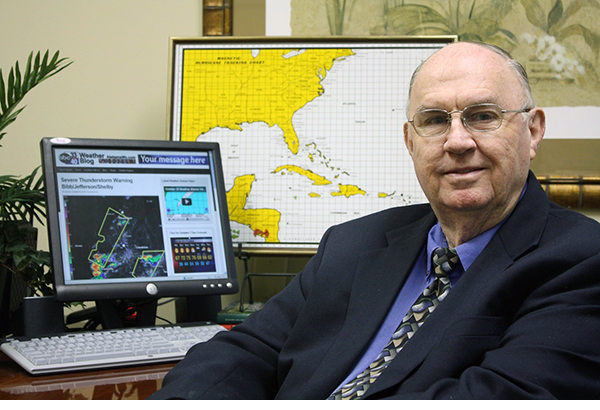China’s First Space Station is Deorbiting, and It’s Okay.
You may have read some news stories claiming the station would “crash into Earth” on a specific date or even a specific place. These claims are based in hype not fact. While orbit calculations do center on April 3 as the date, all things being equal, the station will finally lose so much altitude that Earth’s gravity overtakes it and brings it down. But all things are not equal.
Our atmosphere is incredibly variable, especially at the upper levels where Tingong-1 is orbiting. Even if we had a map that described exactly how dense that exosphere is across the whole globe, outside factors such as solar wind are constantly changing it. The best we can predict right now is a two week window.
Any predictions of where the station will come down are just wild guesses. It will orbit the Earth over 200 times in those 2 weeks, covering the 2/3 of the globe between 43 degrees North and South latitude.
Predictions of debris hitting anyone or anything are pretty fantastic too. Nearly all the spacecraft is expected to burn up in the atmosphere. If anything does make it to the ground, the chances of anything striking you are about a million times less than hitting the Powerball jackpot.
So rest easy. Theres a sizable piece of space junk de-orbiting every week, this one just has our attention for some reason. The European Space Agency has a blog where updates on the fate of the station are being published.
Category: ALL POSTS, Spacey Stuff

















